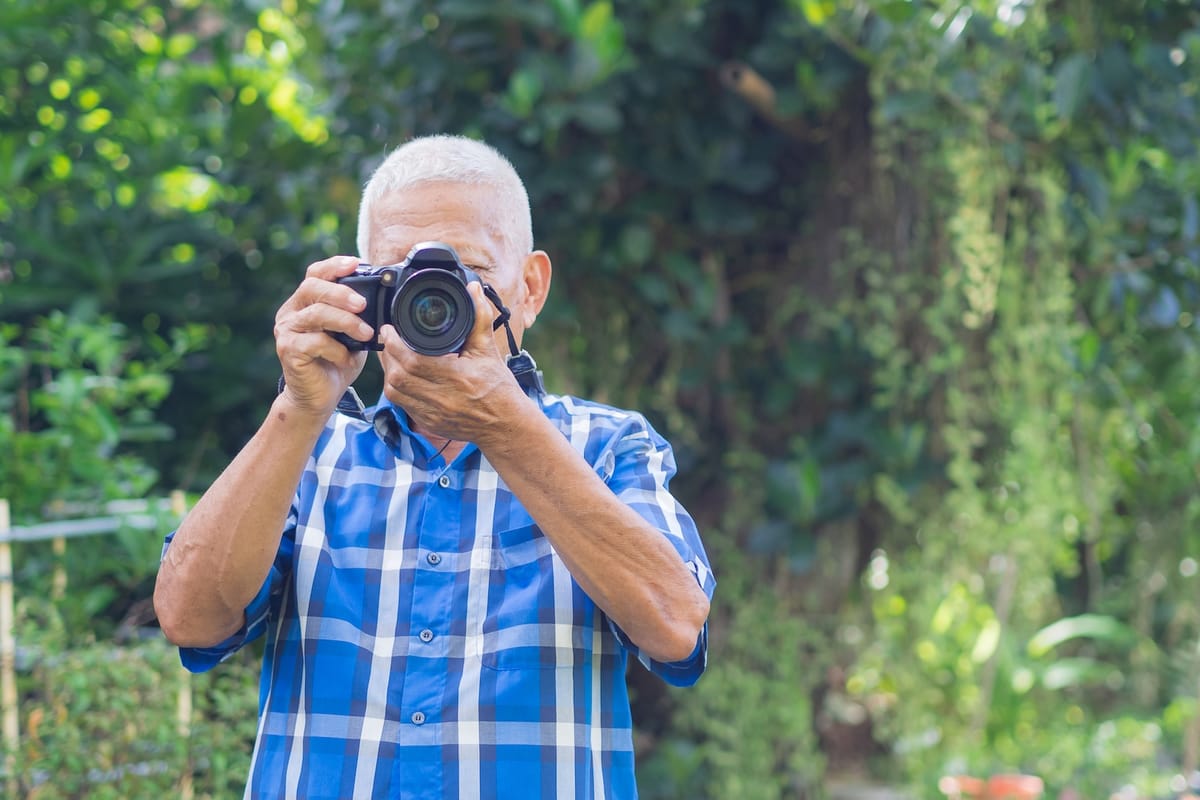

Camera Body
When starting out in photography, the first piece of equipment you need is a camera body. For beginners, an entry-level DSLR or mirrorless camera is an excellent option. These cameras offer more control over your settings than a point-and-shoot camera, providing flexibility as you learn. Popular budget-friendly options include the Canon Rebel T6, Nikon D3500, and Sony A6000.
Lens
The next essential piece of equipment is a lens. The lens you choose depends on the type of photography you want to do. A kit lens, which often comes with the camera body, is a great starting point. These lenses typically have a wide focal range, offering versatility as you learn. As you gain more experience, you can consider investing in a prime lens or a telephoto lens for more specialized photography.
Tripod
A tripod is crucial for any photographer, especially beginners. It helps you take sharper photos by keeping your camera steady, allowing for long exposures and slower shutter speeds. Budget-friendly options include the Manfrotto BeFree, Slik Pro 400DX, and Induro Alloy 8M AT214 Tripod.
External Flash
An external flash can significantly improve your photos in low-light situations. External flashes are more powerful than the built-in flash and can be angled to bounce light off the ceiling for a more natural look. Popular budget-friendly options include the Neewer TT560, Godox TT350, and Yongnuo YN560 IV.
Camera Bag
A camera bag is necessary to keep your equipment safe and organized. It protects your gear from scratches, dings, and other types of damage. There are various types of camera bags available, from shoulder bags to backpacks, so you can find one that fits your needs and budget. Popular options include the Lowepro Fastpack 250, AmazonBasics Backpack for SLR/DSLR Cameras, and USA Gear DSLR Camera Backpack.
Additional Accessories
Beyond the core equipment, there are several other accessories that can enhance your photography experience. A good camera strap is essential for comfort and convenience. You can choose from classic neck straps, hand grip straps, sling straps, or camera harnesses. Additionally, photo editing software is a crucial tool in modern photography, helping you to refine and enhance your images.
Choosing the Right Camera
When selecting a camera, consider factors such as ease of use, value for money, and reliable image quality. For beginners, cameras like the Canon EOS R10, Canon EOS R100, and Nikon Z fc are highly recommended. These cameras offer guided menus, modern autofocus, and good handling, making them ideal for learning and growing with your photography skills.
Lens Selection
For beginners, a standard-angle focal length is a good starting point. The classic 50mm lens, or 'nifty-fifty,' offers a field of view similar to the human eye and often has fast apertures, making it versatile in various light conditions. Zoom lenses also provide more shot versatility and help in varying your compositions. A standard-angle zoom lens is a good choice for beginners.
Practical Tips for Beginners
Getting started in photography doesn’t have to be expensive. By investing in a good camera body, a versatile lens, a tripod, an external flash, and a camera bag, you can significantly improve your photography skills. Remember, the most important thing is to learn, practice, and take great photos.
Dues are $12 per year. Member benefits:
✅ Ad-Free Website Viewing
✅ Advocacy for Republican Seniors
✅ 120+ Senior Discounts
✅ Member Only Newsletters